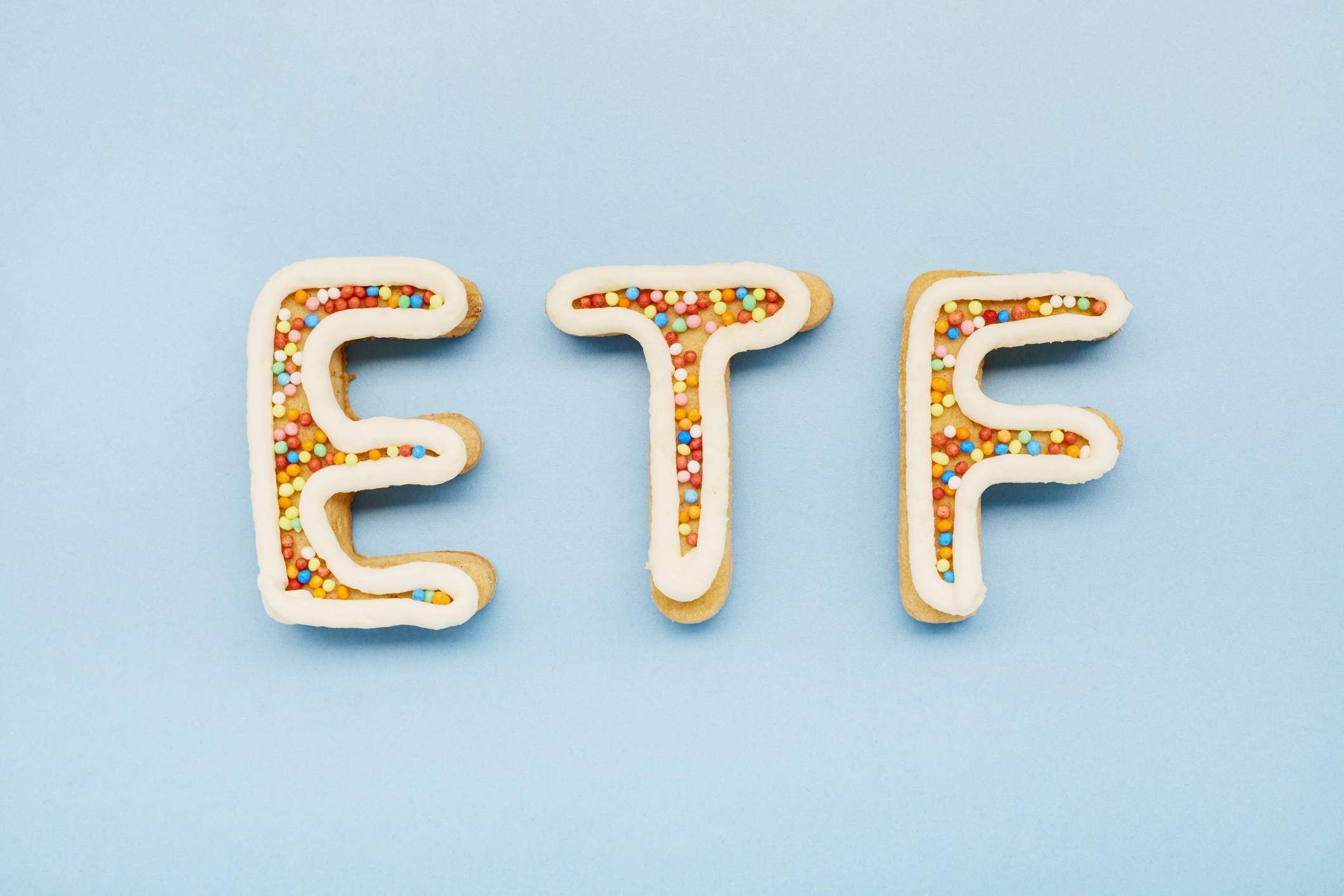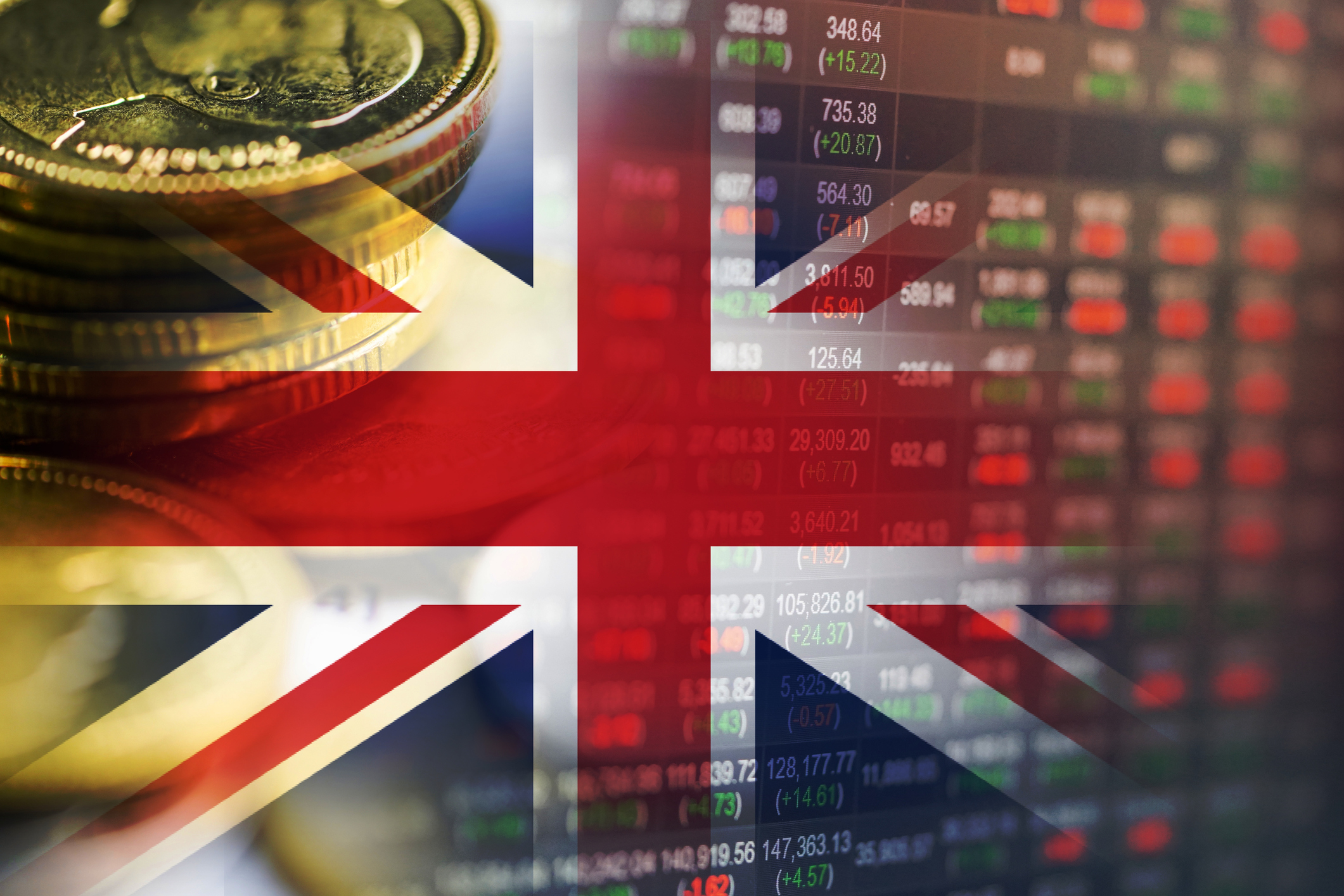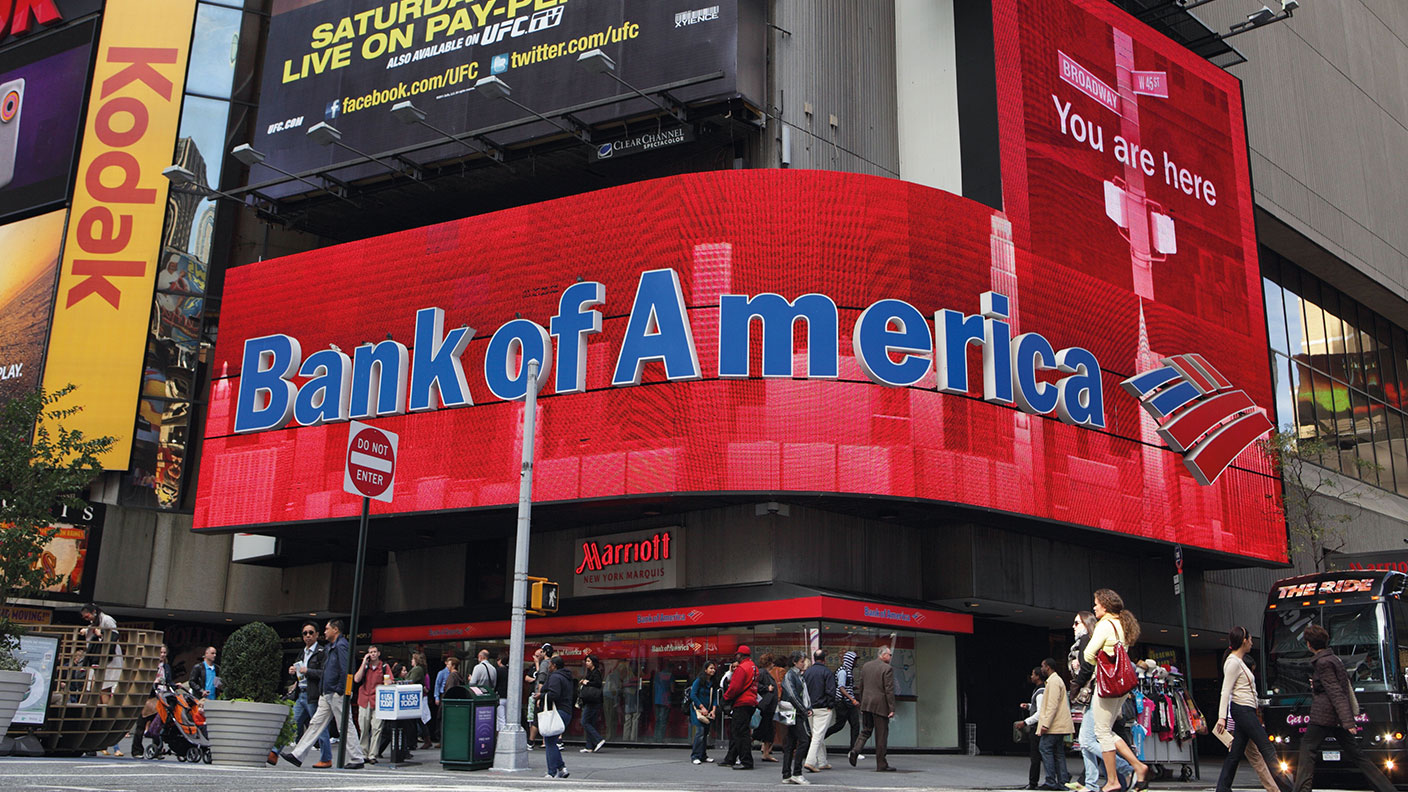What are exchange traded funds (ETFs)?
Exchange-traded funds (ETF) are increasingly popular with investors, but what are ETFs and how do they work?


Get the latest financial news, insights and expert analysis from our award-winning MoneyWeek team, to help you understand what really matters when it comes to your finances.
You are now subscribed
Your newsletter sign-up was successful
Want to add more newsletters?

Twice daily
MoneyWeek
Get the latest financial news, insights and expert analysis from our award-winning MoneyWeek team, to help you understand what really matters when it comes to your finances.

Four times a week
Look After My Bills
Sign up to our free money-saving newsletter, filled with the latest news and expert advice to help you find the best tips and deals for managing your bills. Start saving today!
Exchange-traded funds (ETF) are investment funds that are bought and sold on a stock exchange in the same way you trade normal shares. Unlike investment trusts, which are also traded on exchanges, ETFs are mostly passive investments usually structured to mirror a particular segment of the market, often indices, with the aim to track the performance of that market, rather than to try to beat it as an active fund does.
ETFs are available on a wide range of indices, sectors, investment themes and commodities. They are often used by investors to diversify their portfolio to gain exposure to various geographies and sectors. There are dividend-paying ETFs, gold ETFs and a pet care ETF. You may also be interested in our article looking at three exchange-traded funds that investors could benefit from investing in.
Because of their huge and rapidly growing popularity, index providers are constantly launching new indices for them to track.
MoneyWeek
Subscribe to MoneyWeek today and get your first six magazine issues absolutely FREE

Sign up to Money Morning
Don't miss the latest investment and personal finances news, market analysis, plus money-saving tips with our free twice-daily newsletter
Don't miss the latest investment and personal finances news, market analysis, plus money-saving tips with our free twice-daily newsletter
How much do ETFs cost?
Given their largely passive structure, ETFs tend to have lower fees than most traditional active funds, and rampant competition is driving the price ever lower.
For example, the Invesco FTSE All-World ETF started trading on the London Stock Exchange (LSE) in July 2023 with an ongoing charge of just 0.15% - undercutting the 0.22% charged by the hugely-popular Vanguard FTSE All-World ETF.
Types of ETF
ETFs come in two types: "physical" and "synthetic". A physical ETF invests in the same assets that it's supposed to track. For example, a FTSE 100 ETF will invest in FTSE 100 stocks in proportion to their weighting in the index itself. A synthetic ETF instead agrees a "swap" with a third party - typically an investment bank which agrees to pay the ETF a return based on the performance of the index.
Many investors prefer physical ETFs because they view them as less vulnerable to unexpected risks, such as the possibility that the counterparty to the swap won't pay out. However, synthetic ETFs based in the UK and Europe must hold collateral to back these swaps, which means the risks should be limited.
Physical ETFs are arguably simpler and more transparent, but there are situations in which synthetic ETFs may be superior. For example, when investing in certain emerging markets, some of which restrict foreign investment and share ownership, a swap-based structure may be more cost-effective than investing directly in the underlying shares.
Looking to add ETFs to your portfolio? See MoneyWeek’s ETF portfolio that's designed to give investors a simple way to navigate uncertain markets.
Get the latest financial news, insights and expert analysis from our award-winning MoneyWeek team, to help you understand what really matters when it comes to your finances.
Katie is deputy editor of Times Money Mentor and long-time contributor to the Sunday Times where she started on the Irish desk in 2012 and spent 10 years covering news, culture, travel, personal finance and celebrity interviews.
Her investigative work on financial abuse has examined the response of banks, the Financial Ombudsman and the child maintenance service to victims, and resulted in a number of debt and mortgage prisoners being set free - and a nomination for Best Finance Story of the Year at the Headline Money awards in 2021 and 2022.
Katie was also shortlisted for Freelance Journalist of the Year at the Headline Money awards in 2022, 2023 and 2024 and won Personal Finance Journalist of the Year at The British Bank Awards 2022.
-
 Should you buy an active ETF?
Should you buy an active ETF?ETFs are often mischaracterised as passive products, but they can be a convenient way to add active management to your portfolio
-
 Power up your pension before 5 April – easy ways to save before the tax year end
Power up your pension before 5 April – easy ways to save before the tax year endWith the end of the tax year looming, pension savers currently have a window to review and maximise what’s going into their retirement funds – we look at how
-
 Best FTSE 250 dividend stocks for high yields
Best FTSE 250 dividend stocks for high yieldsSmall and mid-cap UK stocks are a boon for dividend investors. The FTSE 250 and other small-cap indices could be poised for growth next year.
-
 Low-cost index funds for simple investing
Low-cost index funds for simple investingTips Index funds are an easy, low-cost way for investors to invest in a sector or asset class. Here’s a selection of the cheapest passive tracker funds on the market right now
-
 Is it OK to buy Scottish Mortgage investment trust again?
Is it OK to buy Scottish Mortgage investment trust again?Tips Scottish Mortgage investment was hit hard by the tech-stock crash, and it is still being buffeted by headwinds. Should new investors wait for those to ease before buying in?
-
Index provider
Glossary Stockmarket indices such as the FTSE 100 play a huge role in investment. But where do they come from and who maintains them?
-
 Bank on financial stocks with this investment trust
Bank on financial stocks with this investment trustTips Banks, though not British banks, look set for a strong rebound, making this investment trust worth researching.
-
 What is a tracker fund?
What is a tracker fund?Instead of trying to beat the market, tracker funds – also known as “passive” funds – try to track its performance. Here's what that means.
-
 Stash your cash in bond ETFs
Stash your cash in bond ETFsFeatures A savings account isn’t always practical. Here’s what to do with the cash in your portfolio.
-
AIM
Glossary The Alternative Investment Market (Aim) was first established in 1995 by the London Stock Exchange as a way for newer firms to gain access to public funds...
